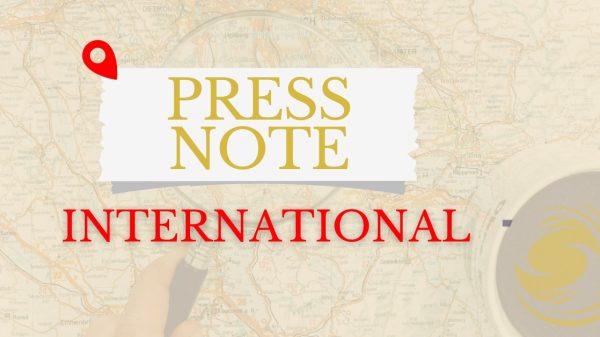Israel Initiates Daily Humanitarian Pauses in Gaza

UN General Assembly Conference on Two‑State Solution Boycotted by US and Israel
Reuters,
Dozens of foreign ministers convened at the United Nations in New York on 28 July to press for a viable two‑state solution between Israel and the Palestinians, but the United States and Israel both abstained from the high‑level meeting. Hosted by France and Saudi Arabia, the conference aimed to develop frameworks for the disarmament of Hamas, the release of hostages, and post‑conflict reconstruction in Gaza, yet political divisions over recognising Palestine and security guarantees overshadowed proceedings. The session underscored deepening rifts within the UN over Middle East peacemaking and highlighted growing calls for renewed international engagement to end nearly two years of conflict.
Israel Initiates Daily Humanitarian Pauses in Gaza
The Associated Press,
On 27 July, Israeli forces began implementing 10‑hour daily tactical pauses in military operations across three densely populated zones of Gaza—Gaza City, Deir al‑Balah, and Muwasi—to facilitate limited food and medical aid drops. The initiative follows mounting international pressure over worsening famine conditions, with aid agencies warning that levels of assistance remain far below requirements for 2 million residents. Despite the pause, clashes persist on Gaza’s outskirts, and the World Food Programme reports rising child malnutrition deaths, underscoring the fragile nature of the humanitarian truce.
Thailand and Cambodia Agree to Unconditional Ceasefire
Al Jazeera,
Leaders of Thailand and Cambodia, meeting in Putrajaya on 28 July under the auspices of Malaysian Prime Minister Anwar Ibrahim, announced an “immediate and unconditional” ceasefire in their most serious border clashes in over a decade. The ceasefire, effective at midnight, follows five days of clashes that left at least 36 dead and displaced thousands. Both sides pledged to convene military commanders on 29 July to oversee de‑escalation and restore stability to the contested border region.
US Export Controls on AI Chips to China Called a ‘Failure’ by Nvidia
DW,
At a technology conference in Taipei on 28 July, Nvidia CEO Jensen Huang criticised recent US export restrictions on advanced AI semiconductors bound for China, calling them “a failure” that has driven Chinese firms to develop indigenous chip designs. He noted Nvidia’s market share in China has fallen from 95% to 50% since controls were enacted, arguing that the measures have only accelerated local innovation and supply‑chain resilience. Huang’s comments signal growing industry frustration over shifting trade policies in the global AI competition.
United States and European Union Strike Trade Framework to Avert Tariff War
Reuters,
On 27 July, US President Donald Trump and European Commission President Ursula von der Leyen unveiled a landmark trade framework capping EU import tariffs at 15%, half of previously threatened rates set to take effect on 1 August. The accord includes commitments for $750 billion of EU purchases of US energy products over the next decade and aims to extend a tariff truce with China. Financial markets welcomed the deal as it reduces uncertainty and eases pressure on global supply chains.
Colombia’s Ex‑President Álvaro Uribe Found Guilty of Bribery and Witness Tampering
Al Jazeera,
Former Colombian President Álvaro Uribe was convicted on 28 July in Bogotá of conspiracy to tamper with witnesses and bribery, marking the first time an ex‑head of state in Colombia has been found guilty at trial. Judge Sandra Liliana Heredia ruled there was sufficient evidence that Uribe and an associate lawyer coerced imprisoned paramilitary members into altering testimony in a long‑running investigation. Uribe’s legal team announced plans to appeal the landmark verdict.
Global Hunger Falls for Third Straight Year, UN Warns of Conflict and Climate Risks
Reuters,
A joint UN report released on 28 July revealed that the proportion of people experiencing hunger worldwide declined to 8.2% in 2024, down from 8.5% the previous year, marking the third consecutive annual decrease. However, the report cautioned that conflict zones in Africa and western Asia, combined with intensifying climate shocks, continue to threaten food security and could reverse recent gains without concerted international action.












